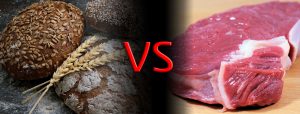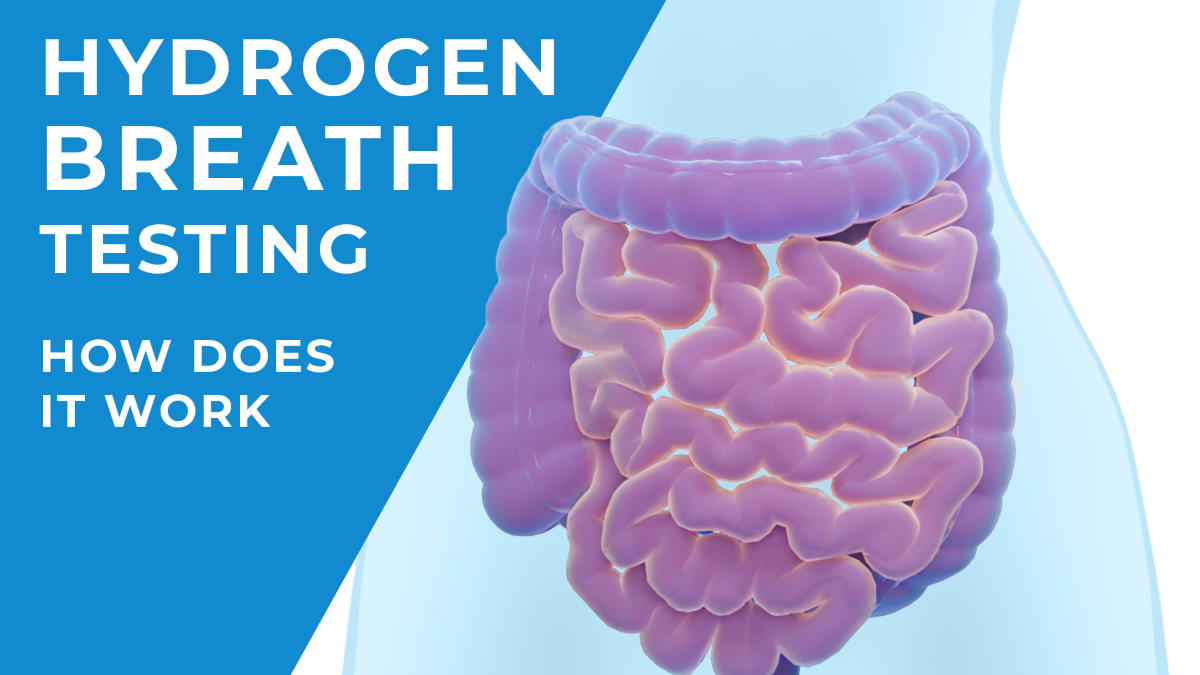Most of us are eating diets that are very different from what our earliest ancestors ate. But do we understand the long-term implications of these modern food choices? High protein, low carb diets are popular for weight loss, but there is increasing evidence that eating a lot of protein can be bad news for your gut health.
How a high-protein diet affects your gut
When you eat protein, some can reach your large intestine without being fully digested. While your gut microbes prefer to eat carbs, they will start to eat that protein if you’re on a low-carb diet. This is called “protein fermentation“, and it can create potentially toxic by-products, gases and branched-chain fatty acids (BCFA).
Researchers have found that eating fibre that you can’t digest can help maintain a healthy level of carb fermentation. By making sure your gut bacteria have carbs to ferment, you reduce the release of potentially harmful protein fermentation by-products.
Animal protein vs plant protein
 There are two types of dietary proteins: plant and animal. For example, peas, soy products and beans are all rich in plant proteins, while meat, cheese and eggs are high in animal proteins. In one study, a group of volunteers ate a diet high in animal proteins and fats, with almost no fibre. Another group ate plant-based products, with low protein and fat, but lots of fibre.
There are two types of dietary proteins: plant and animal. For example, peas, soy products and beans are all rich in plant proteins, while meat, cheese and eggs are high in animal proteins. In one study, a group of volunteers ate a diet high in animal proteins and fats, with almost no fibre. Another group ate plant-based products, with low protein and fat, but lots of fibre.
Within one day, the volunteers on the animal-based diet had huge changes to the diversity and activity of their gut microbes. More specifically, this diet resulted in large amounts of bile-loving bugs like Alistipes, Bilophila and Bacteroides. These bugs can flourish in the presence of the bile, which is made by our bodies to break down fat from our diet. It’s remarkable how quickly our gut microbes can adapt to what we eat. That can be both good and bad, depending on your diet! One of those microbes, Bilophila wadsworthia, is associated with increased inflammation. These bacteria produce hydrogen sulphide, which can be harmful to the intestinal environment. There’s also evidence that high levels of B. wadsworthia may play a part in triggering gut disorders like inflammatory bowel disease (IBD).
Not only did the animal-based diet group end up with more harmful bacteria, they also had fewer good bugs, like Firmicutes. These carb-loving microbes play many essential roles for our health. For example, they make an important compound called butyrate. We use butyrate as an essential source of energy, and it also helps reduce inflammation and may also influence brain development and even behaviour.
The plant-based diet group had more carb-loving bugs. As the microbes fermented the carbs, they created positive by-products. The human body can’t make many of these compounds, like butyrate. You mainly get them through your diet, particularly by eating non-digestible carbs.
The takeaway (message, not food!)
Three days after the volunteers stopped eating these diets, their gut microbiomes returned to how they were before the study. These results show that eating a diet extremely high in animal protein may be harmful. The key to gut health is achieving balance. Despite the messaging of some popular diets, carbs aren’t always bad and protein isn’t always good. Finding a happy medium with both will help keep you and your microbiome healthy.
AIRE is a pocket-sized breath analysis device. It helps people with chronic digestive issues determine the foods that work best with their digestive system. To learn more about AIRE, visit www.foodmarble.com.





